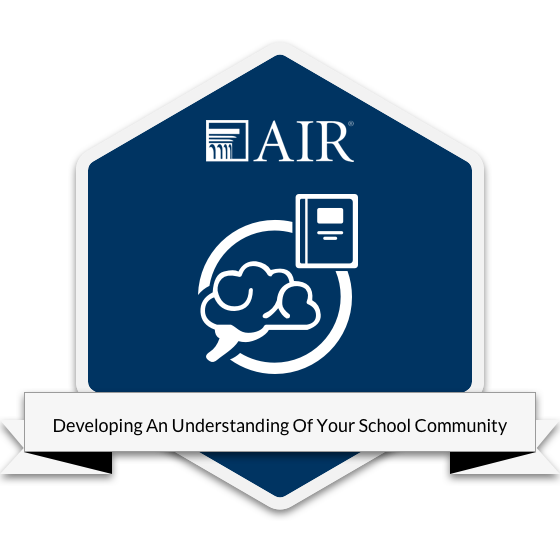Great Schools Start with Great Teachers

Why Micro-credentials Matter
What’s in a Micro-credential
A micro-credential is a form of micro-certification earned by proving competence in one specific skill at a time, via a portfolio of evidence, created through classroom practice.
Micro-credentials on BloomBoard follow the ADDIE instructional design framework. Each micro-credential is based on a robust, standardized blueprint, grounded in instructional design best practices.
Shifting From “PD” to Authentic Growth and Career Advancement
Career Pathways – Coherence and Alignment
Define Roles
Determine Role Competencies

Develop Role Cards
Teachers
School Administrators
Micro-credentials Address School and District Challenges
Schools and districts face many challenges currently, perhaps the most significant of which relate to classroom teachers. Recruiting, retaining, certifying and measurably improving instructional practice for teachers continues to present challenges to the education community. Micro-credentials can have a meaningful impact on this set of challenges by providing the supports and opportunities for authentic growth and career advancement that educators need to be successful in their profession.
Challenge: Instructional Improvement
Current research shows that traditional seat-time based professional development has very little impact on change in instructional practice or student outcomes. Additionally, research shows low levels of teacher satisfaction with many current forms of professional development as well.
Micro-credentials, a competency-based form of professional learning, focus on the application of professional learning in the classroom. Educators work on one skill at a time, and demonstrate improvement in their practice via a portfolio of evidence from their classroom practice.
Challenge: Teacher Retention
Current research indicates that when students return to school each fall, many will enter one of the more than 100,000 classrooms across the country staffed by an educator who is not fully qualified to teach. This is because districts across the country face severe and ongoing staffing shortages, thus creating a need to hire unqualified or under qualified candidates to fill need. Further, the ability of schools and districts to meaningfully train and certify these educators is severely lacking.
While many may perceive this to be primarily a recruiting challenge, research shows that the vast majority of the vacancies are created by teachers prematurely leaving the profession, many within the first five years of their practice. Further, research indicates that teacher attrition is at least twice as high as it is in other high-performing countries across the globe.
Micro-credentials present schools and districts with the immediate ability to support their educators with meaningful growth in their classroom practice, augmented by authentic collaboration with their peers, and coaching provided by instructional experts. Micro-credentials further enable schools and districts to support their educators by enabling them to create links to compensation and career advancement opportunities using micro-credentials as the building blocks of growth.
Challenge: Compensation & Advancement
In the majority of schools and districts across the country, educator compensation advancement is tied to non-meaningful measures in terms of educator growth, and career advancement is opaque at best. Research shows that these are significant factors affecting the system-wide problem of educator attrition in the country today. Further, many states are repealing previous salary advancement mandates related to these non-meaningful measures, leaving individual schools and districts with no means to enable educator advancement.
Having established equivalency with both recertification and traditional salary advancement measures, micro-credentials are quickly becoming the new currency of educator advancement across the country. Because each micro-credential earned represents proven improvement in classroom practice, many schools and districts are quickly adopting micro-credentials as the new means for salary advancement, which is more closely aligned with school, district and educator growth goals.